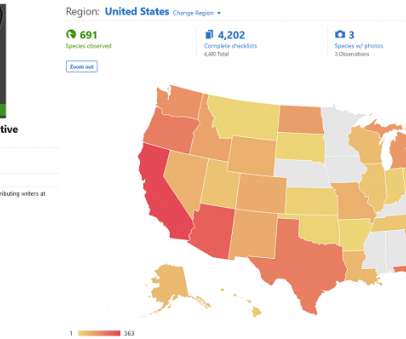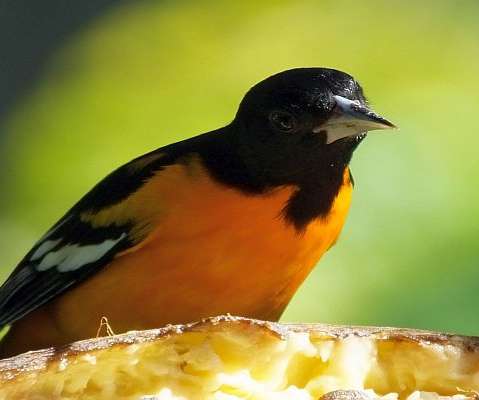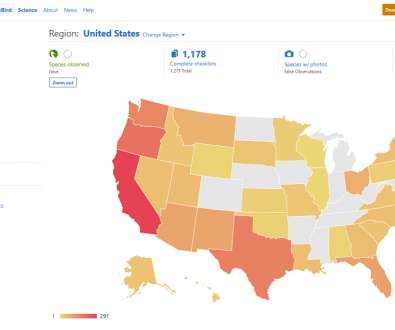Ferruginous Hawk in Vermont?
10,000 Birds
APRIL 19, 2011
John certainly seems to know his birds and he describes a Ferruginous Hawk well but seeing one in Vermont would be beyond absolutely amazing and buteos are known to have a variety of plumages. An interesting report from John Thaxton of Adirondack Dispatches. The comment thread is interesting as well. Maybe this bird escaped?



























Let's personalize your content